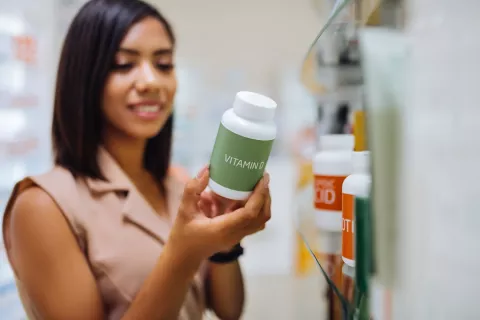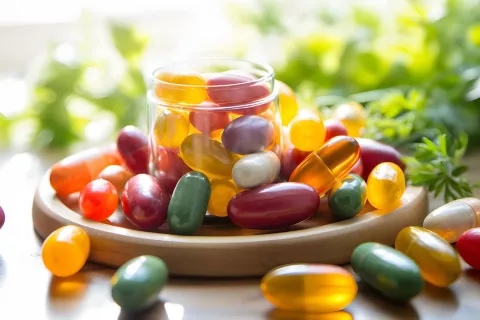NDIN and GRAS (US/US FDA) – An Overview
For companies planning to market a dietary supplement or supply a new ingredient to the United States (US), it is important to determine when a New Dietary Ingredient Notification (NDIN) is required, along with what type of information is required to support a successful notification to the United States Food and Drug Administration (US FDA). In the US, food ingredients are considered either food additives or are Generally Recognized as Safe (GRAS) for explicit uses. An NDIN must be submitted to the US FDA for a dietary ingredient that had not been marketed in the US as a dietary supplement before October 15, 1994.
The significant distinction between a food additive and GRAS is the involvement of the US FDA, which is required for assessing the safety of food additives. There are two separate routes for getting GRAS acknowledgment: a GRAS notification submission to the US FDA and/or a self-GRAS determination or independent GRAS determination. To establish this recognition, a comprehensive safety assessment is required.
Freyr’s expert Regulatory team is proficient in NDIN process requirements and supports clients in reviewing the ingredient data and compiling the required information, identifying gaps, preparing and submitting the notification, and responding to the US FDA’s questions post submission. We also provide Regulatory assistance on GRAS notification.
NDIN and GRAS (US/US FDA)
- Preliminary feasibility assessment of the New Dietary Ingredient (NDI).
- New Dietary Ingredient (NDI) detailed data review.
- Conducting literature searches and gathering data for NDIN and GRAS applications.
- Identifying technical and scientific data gaps and recommending solutions.
- Submission to the US FDA for NDIN.
- Communication and follow-ups with the US FDA.
- GRAS dossier preparation for expert panel review.
- Online submission expertise with the US FDA.
- US agent support.
- NDIN dietary ingredient notification and GRAS safety data information compilation and guidance.
- Safety data file review.
- Expertise in NDIN dosage calculation.

- Cost-effective.
- End-to-end Regulatory consultation on NDIN and GRAS applications.
- Qualified team of experts with hands-on experience in NDIN and GRAS submissions.






